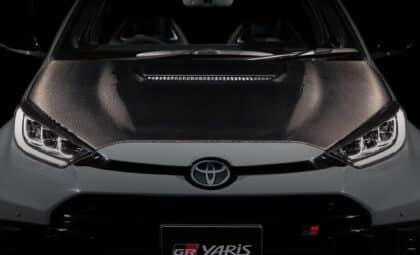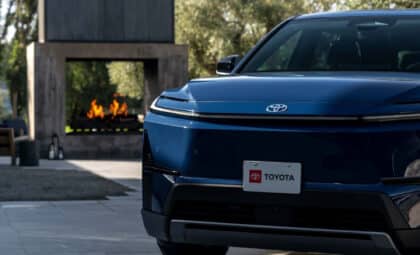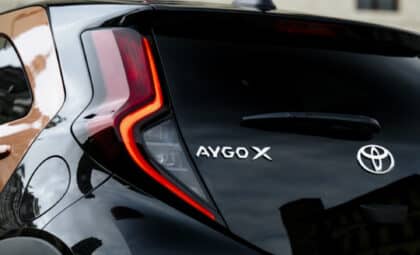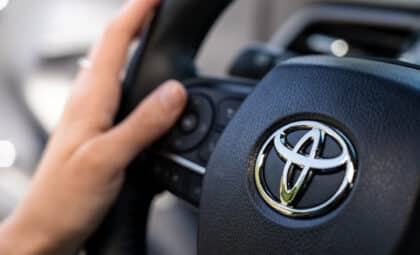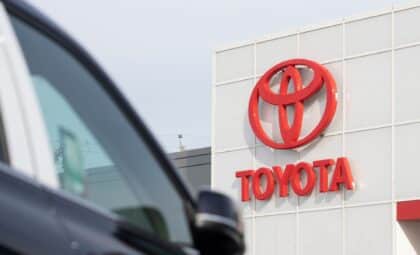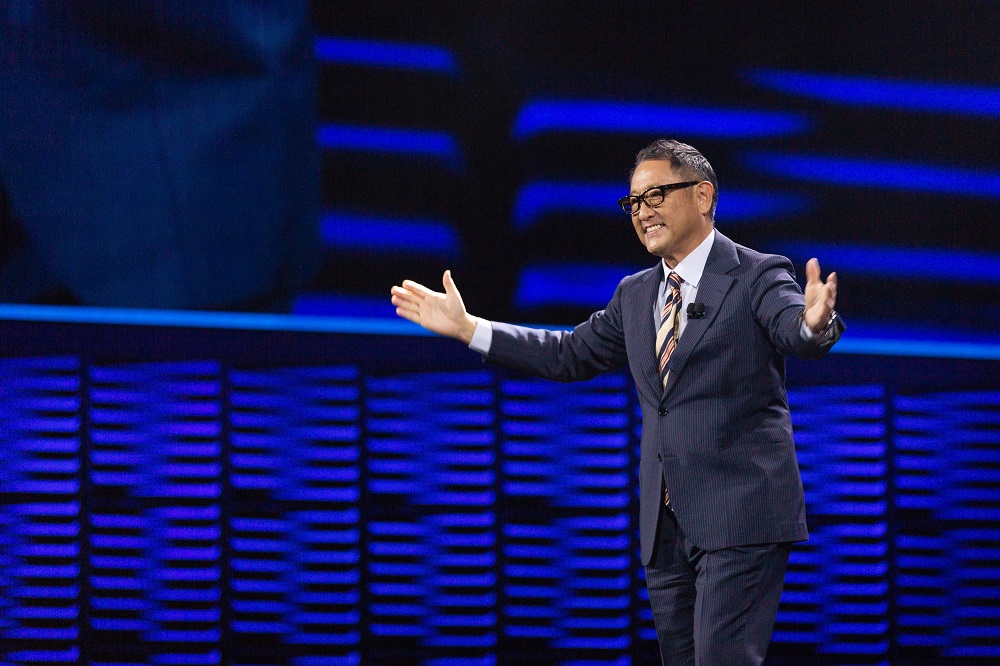
Toyota is hard at work to fight the push for electric vehicles, both overseas and at home. At a Japan Automobile Manufacturers Association meeting, CEO Akio Toyoda warned that the Japanese government’s push for an all-EV auto industry could cost the nation millions of jobs.
“Japan is an export-reliant country,” Toyoda said. “Thus, carbon neutrality is tantamount to an issue of employment for Japan. Some politicians are saying that we need to turn all cars into EVs or that the manufacturing industry is an outmoded one. But I don’t think that is the case. To protect the jobs and lives of Japanese people, I think it is necessary to bring our future in line with our efforts so far.”
Eco Friendly: Toyota hybrid and fuel cell vehicles
Japan has taken on a European-inspired approach to reducing greenhouse gas emissions by targeting all new vehicle sales to be electrified by 2035. However, Toyoda believes that “in pursuing carbon neutrality, carbon is our enemy, not the internal combustion engine.”
Toyota makes about 10 million vehicles per year in Japan, roughly half of which are exported to other countries. Toyoda estimates that by 2030, it will still be making about 8 million vehicles with internal combustion engines, including hybrids and plug-in hybrids.
Should those vehicles become banned, Toyoda says this will force companies to either move production overseas or end it entirely, which would come at the cost of 5.5 million Japanese jobs. As a company, Toyota continues to invest in hybrid technology as it believes their affordability compared to EVs, and their ability to penetrate markets without charging infrastructure, makes them an important part of the path to carbon neutrality.

Toyoda also pointed out that in the last two decades, Japan has led other developed nations in CO2 emission reductions largely thanks to its automotive industry popularizing electrified vehicles ahead of the world.
“What we need to do over the next several years is to leverage the technological advantages that we have built up and take immediate steps to maximize CO2 reductions using the electrified vehicles we have now,” Toyoda said. “Any leeway that cars are able to generate in the process may allow to put more time and resources towards technological innovation in other industries.”
Toyoda sees increasingly clean hybrid technology as the bridge toward zero-emission vehicles, one that can help reduce the blow to ICE manufacturing jobs. However, it’s easy to look at the last 20 years and argue that while Toyota can be credited for being first on the hybrid bridge, it has taken its sweet time getting to the other side compared to other manufacturers.
Suddenly halting the production of 8 million vehicles in Japan would no doubt be devastating for the local economy and the 5.5 million jobs involved. Maybe Toyota should have focused on transitioning that production to EVs sooner.
Kurt Verlin was born in France and lives in the United States. Throughout his life he was always told French was the language of romance, but it was English he fell in love with. He likes cats, music, cars, 30 Rock, Formula 1, and pretending to be a race car driver in simulators; but most of all, he just likes to write about it all. See more articles by Kurt.


